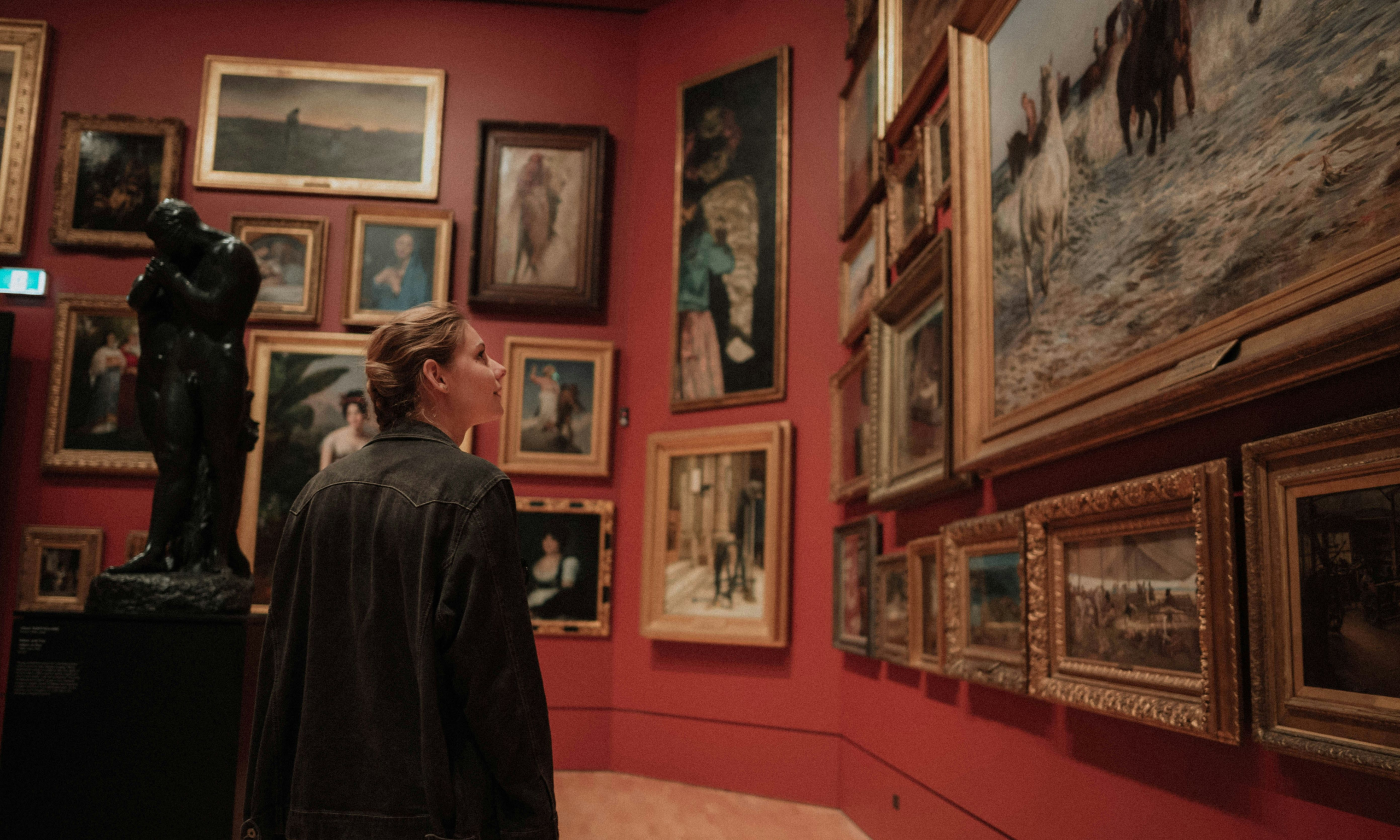The artist and lecture J.R. Carpenter has highlighted the need to take the arts ‘seriously as a core part of our economy and our national identity’
Photo: kevin laminto / Shutterstock
The UK’s accomplishments in the arts are something its public prides above all else, according to a new study, while fondness for British history has dropped dramatically.
The findings come from the British Social Attitudes Survey which shows stark changes in public feeling since it was last conducted ten years ago—with a general downwards trend in national pride. Pride in Britain’s history have fallen the most, from 86% in 2013 to 64% in 2023. Fewer people are proud of the UK’s democracy (69% to 53%) as well as its economic (57% to 54%) and sporting performance (84%-77%). Pride in Britain’s “arts and literature” however held steady, falling only 1% over the last decade from 80% to 79% leaving it in top spot ahead of sport on 77%.
J.R. Carpenter, an artist and lecturer in the School of English at the University of Leeds, says it highlighted the need for greater arts funding. “It’s great to see national pride in the arts, but I wonder where people think the arts come from,” she says. “We’ve seen a decline in uptake of English at A Levels and the denigration of arts and humanities as ‘Micky Mouse’ degrees, with major cuts to these programmes at universities across the country. Brexit has made it all but impossible for smaller British publishers to ship books to the EU and for British musicians to tour in the EU. It’s time we took the arts seriously as a core part of our economy and our national identity and funded them accordingly.”
The study involved researchers conducting 5,600 interviews between September and October last year. Alan Lester, professor of historical geography at Sussex University and author of The Truth About Empire (2024), welcomes the shift in attitudes. “To me it is encouraging that pride in Britain's past achievements in arts and culture remains strong while we have seen a decline in overall pride for our history,” he says. “The latter is the result of increasing historical awareness, especially since the Black Lives Matter movement began. Despite the furious backlash from some politicians, think tanks and media, Britons are being more discerning about the aspects of the past and the role models in which we take pride. Less of the invasion, occupation and exploitation and more of the Shakespeare.”

